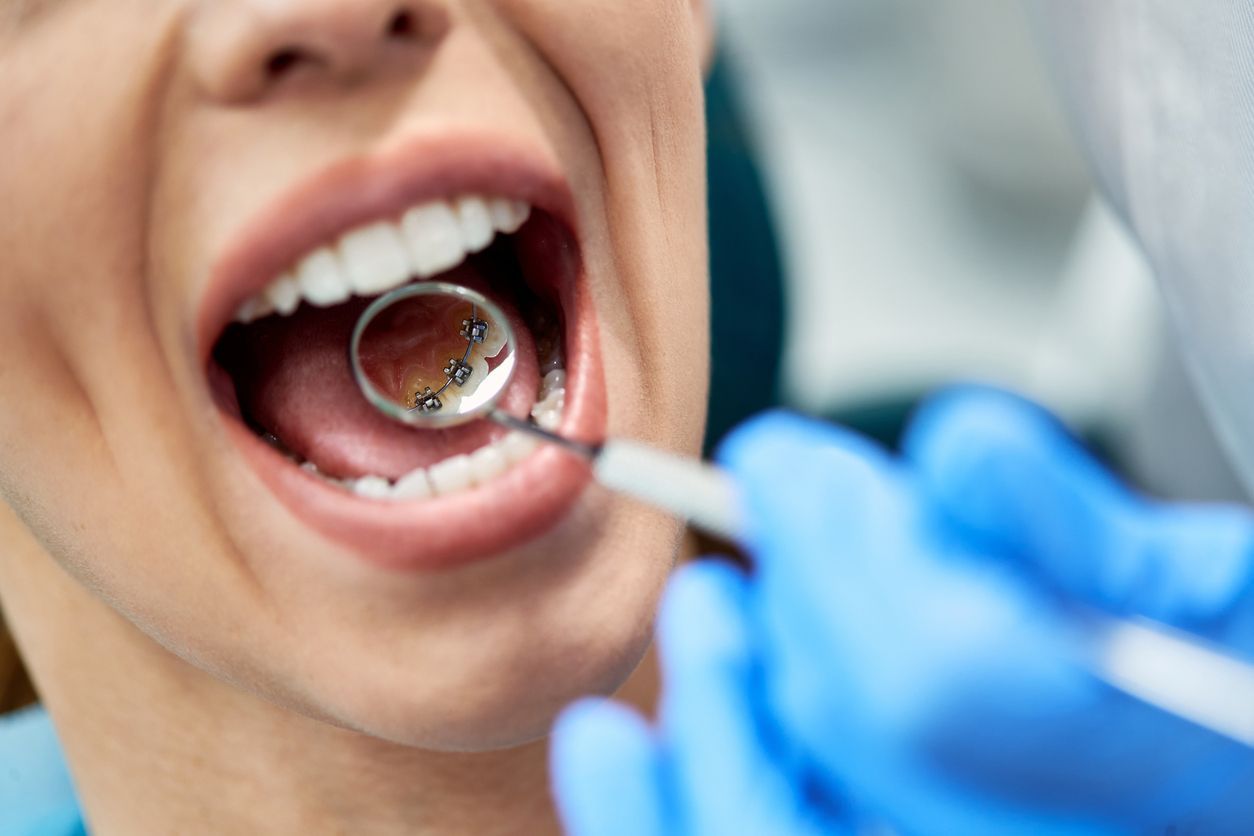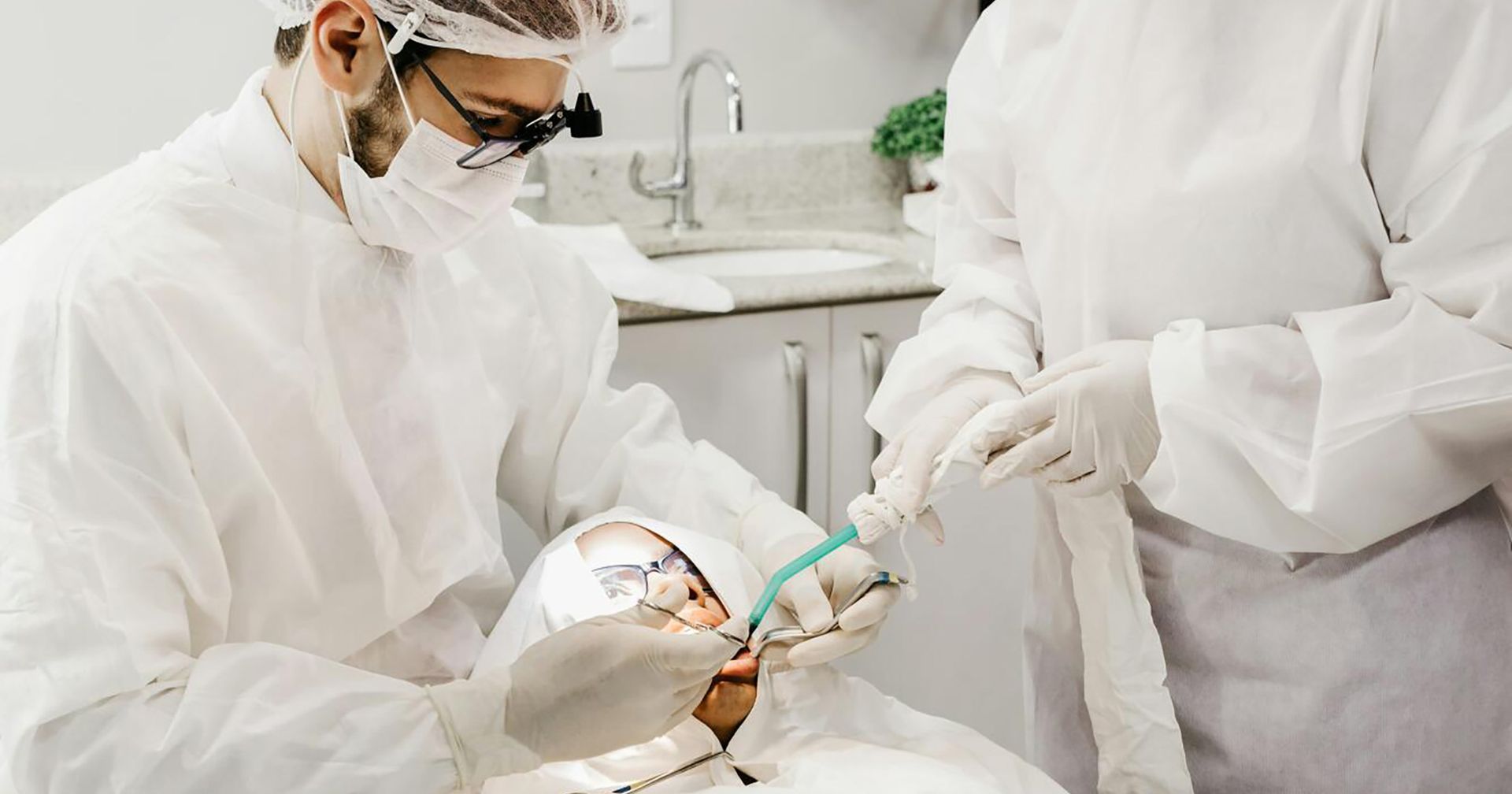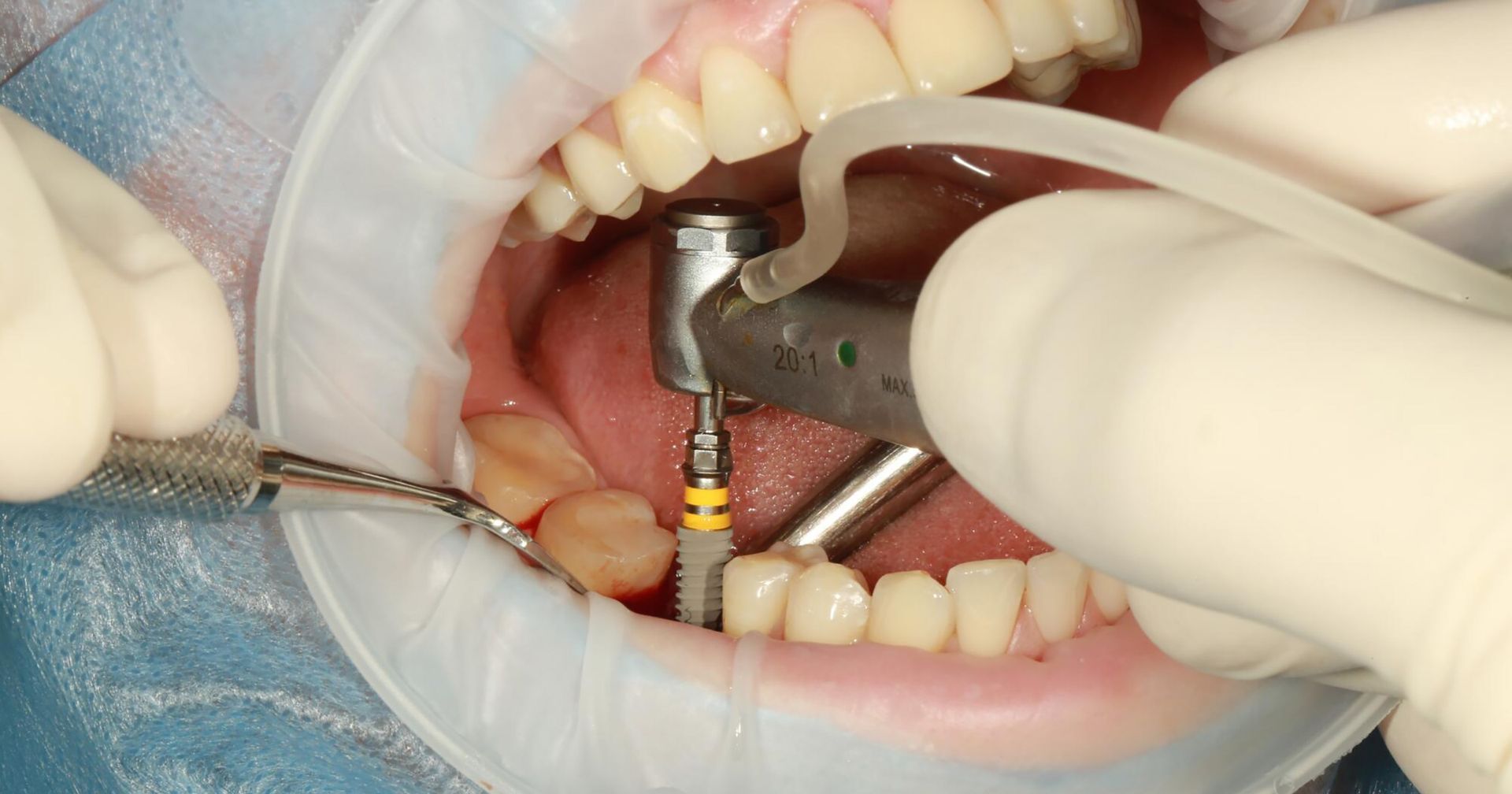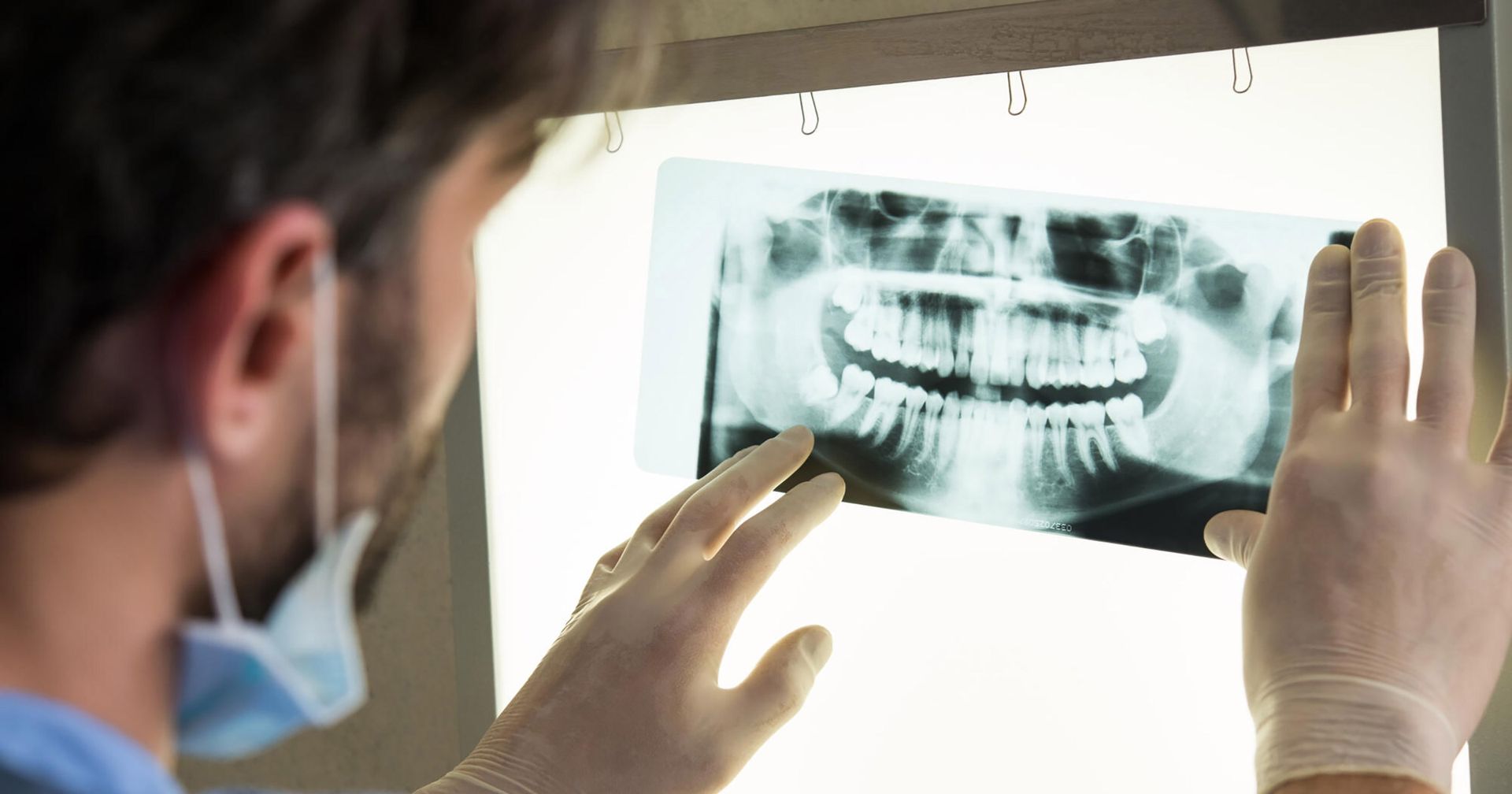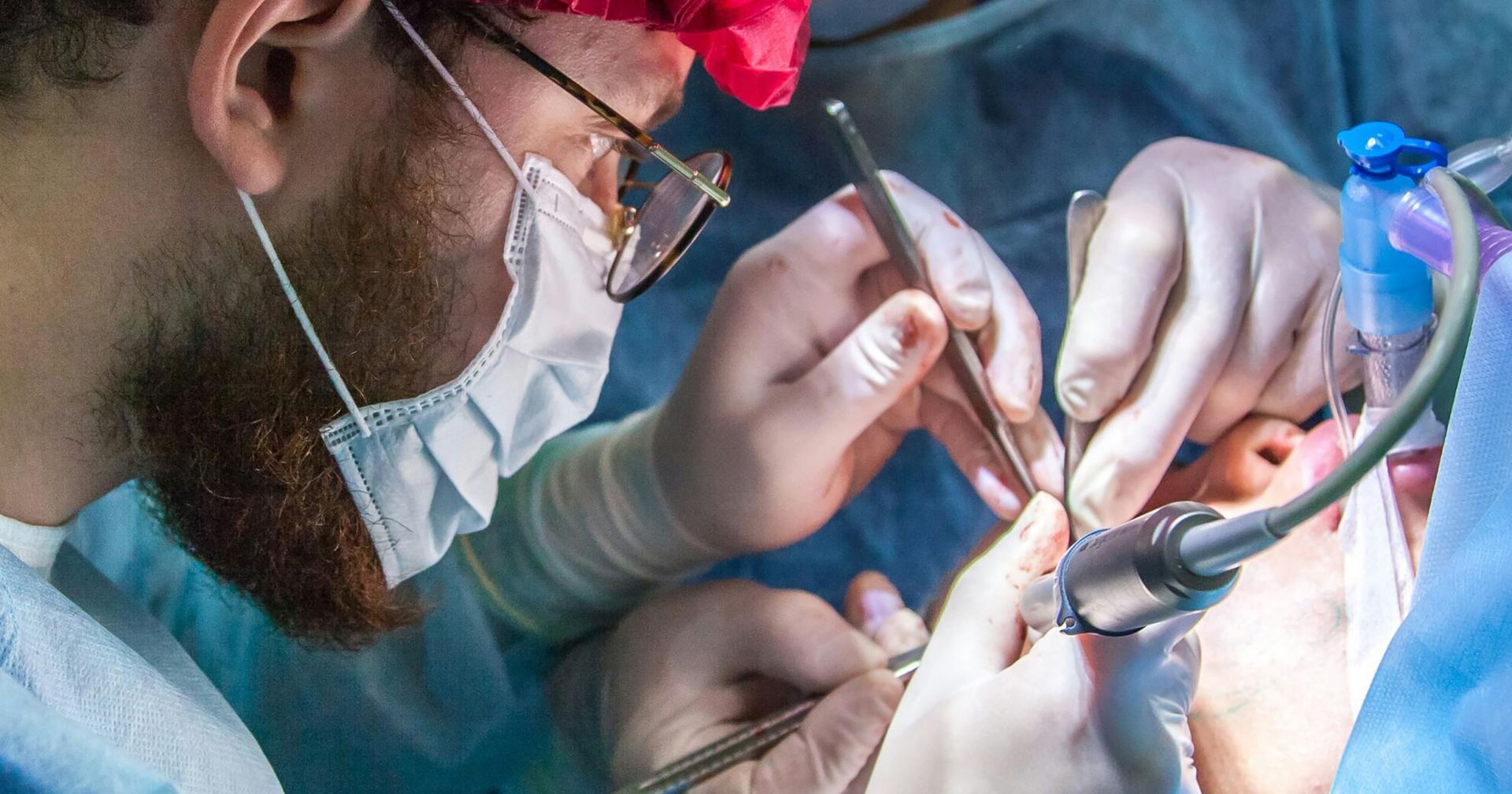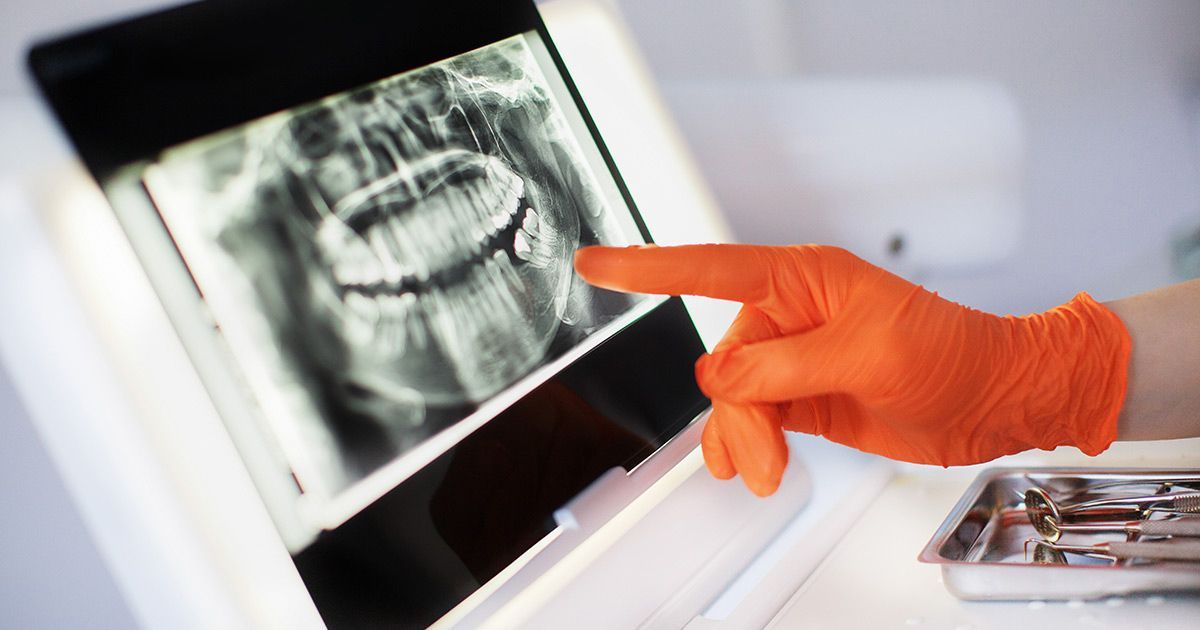Are your dental implants starting to cause some issues? In this informative guide to dental implants problems, we discuss what you need to know.
According to the
American Academy of Implant Dentistry, over three million people in the US have gotten dental implants, and the number is growing by half a million each year.
It’s not hard to see why: today’s long-lasting and durable dental implants offer great benefits, and they’re as easy to care for as all of your other teeth.
However, some patients may be anxious about the possibility of dental implants problems. After all, any surgery carries certain risks. But while complications can arise, it’s important to have a well-rounded idea of what to expect from the surgery and any potential complicating factors.
What Are Dental Implants?
Before we look at problems, it’s important to understand
what a dental implant is. Essentially, a dental implant is a metal post designed to replace the root portion of a missing tooth. You can think of it as a screw that goes into your jawbone to bond with the bone.
There are two types of dental implants. First are endosteal implants, which are often made of titanium and look like small screws. This type is the most common, and it goes directly into the jawbone.
The other type is a subperiosteal implant. Unlike the endosteal implant, this one goes on or above the jawbone. Dentists recommend it for patients whose natural jawbone can’t support an endosteal implant.
Once your implants are in place, they’ll behave like natural teeth. Designed to last a lifetime, they will add stability to neighboring teeth, and they can also prevent bone loss in the jawbone. What’s more, they’ll help keep your mouth free of gum disease that might sneak into a gap between teeth, and they can even prevent premature aging and facial sagging.
Why Do Dental Implant Problems Happen?
In general, dental implants have a high success rate. However, a small percentage of them will fail. This can happen just after the procedure is complete, or it can happen months or even years later.
There are a few factors that can influence your rate of success with a dental implant.
- Smoking can restrict the flow of blood to the gums, so a dentist may recommend that you stop smoking for a month or two before and after surgery
- Poor oral hygiene, including gum disease in the neighboring gums or jaw that can infect the area around the implant as well
- Insufficient jawbone may make it difficult for a surgeon to put the implant into your jaw
- Autoimmune conditions may cause the body to heal slowly, preventing the implant from fusing with the bone of your jaw
- Failure to follow your surgeon’s post-surgery instructions for oral hygiene
Your dentist will work with you during your consultation to check in on these potential issues. This way, they can ensure that your success rate is as high as possible.
Early Dental Implant Problems
Early implant failure can happen from a few days to a few months after the procedure.
However, don’t confuse this failure with the normal healing process. Pain and swelling are normal, and they may last up to a week.
As you heal, watch for signs of issues with your implant. Early dental implant crown problems may include infection, micro-movements of the tooth, and inadequate jawbone support.
In addition, some patients can develop an allergic reaction to the titanium alloy in the implants, so it’s important to mention any existing allergies during your consultation. Your dentist can then provide an implant with a different metal.
Late Dental Implant Problems
Some patients only notice dental implant problems years later, even if the initial surgery was successful. These problems may come up after an injury to the jaw or face, or they may arise on their own.
Late dental implant issues can include nerve or tissue damage, which happens when the implant is too close to a nerve. They can also include foreign body rejection due to a growing sensitivity to the metal, or the implant may crack or come loose like any other tooth after a severe blow or injury.
What Are the Signs of Dental Implant Problems?
In general, there are a few telling signs that are common to both early- and late-stage dental failure. Watch for signs of complications like swollen or receding gums, difficulty chewing, severe pain or discomfort beyond the typical healing period, and an implant that feels loose.
You’ll also need to watch out for dental implant infection signs, as infection is one of the most common post-dental implant problems. Peri-implantitis, a common infection, can cause major complications if left untreated. Signs may include pain, fever, pus or bleeding around the area of the implant, and a lingering bad taste in your mouth.
What Should You Do About Dental Implants Problems?
It’s important to remember that, as mentioned above, dental implants have a high success rate. Working with your dentist during your consultation can help clear away any potential risks, such as gum issues or metal allergies, before the surgery.
After the surgery, focus on practicing good oral hygiene and following your surgeon’s guide for reducing pain and resuming normal eating habits.
However, if you experience any worrying problems after surgery, it’s important to contact a dentist as soon as possible. Your dentist will be able to diagnose any issues and get you back on track for a successful recovery.
Team With the Right Dentist for Your Implants
If you’re considering this option, it’s important to make sure you’re getting care from a team of experts right from the start. Inexperienced surgeons can increase the risk of experiencing one or more of these dental implants problems.
For quality dental care, you can trust the team at
The Tabas Center Of Advanced Dentistry. Our experienced surgeons have spent years offering their dental implant services to the Philadelphia community, and their pre-surgery consultations and post-surgery care will help prevent the implant issues above.
Contact us today to make an appointment!
Be sure to check out our
other posts for more of the helpful dental guides you need.

